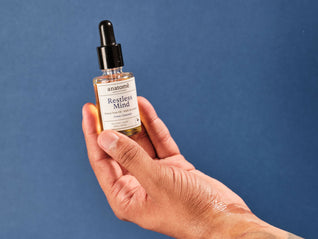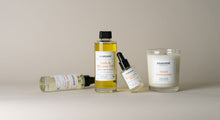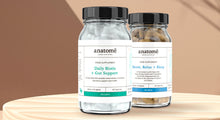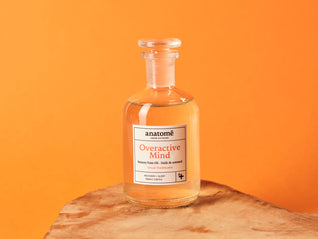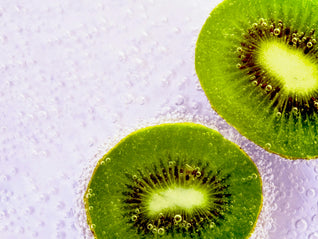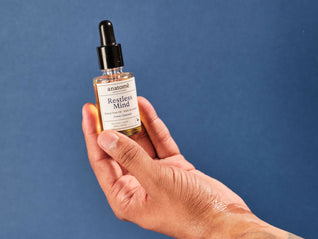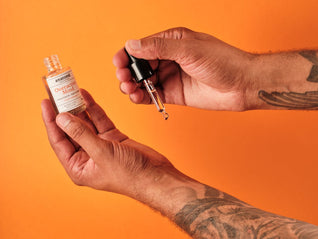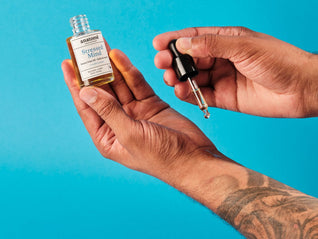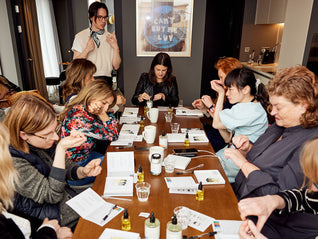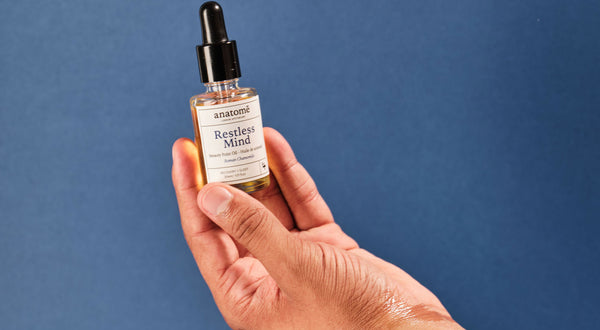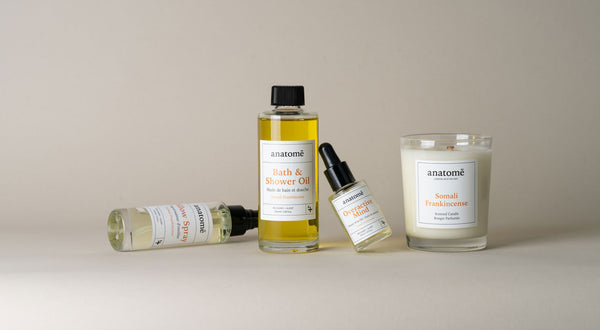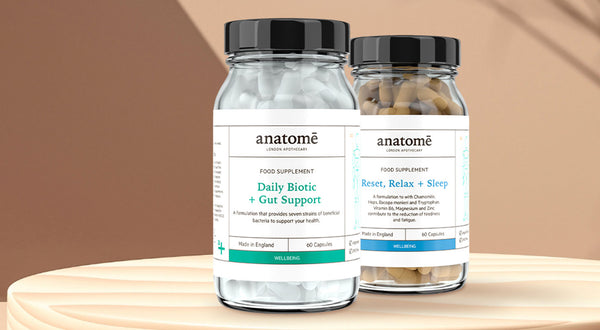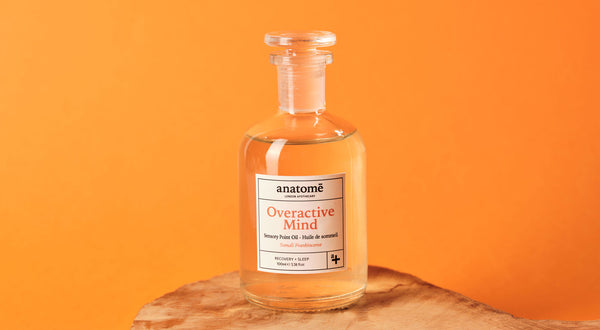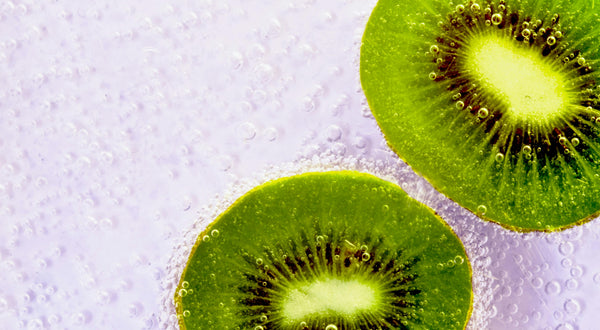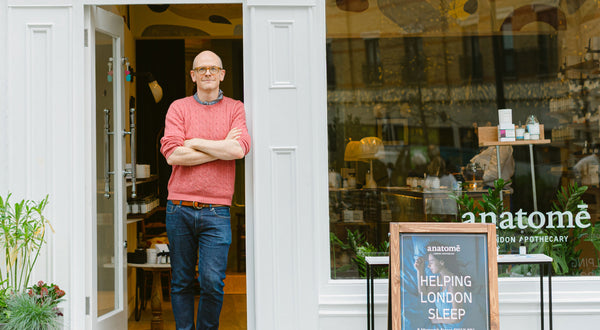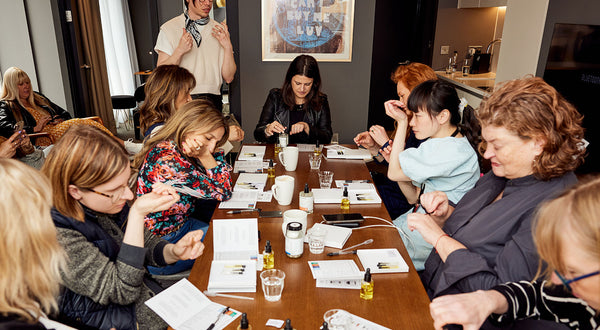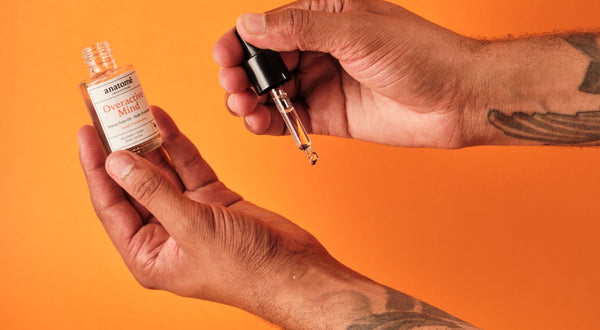Essential B Complex vitamins are vital for brain, heart and energy health. B vitamins are a water-soluble vitamin that needs to be consumed every day.
- Vitamin B1, also known as thiamin, plays a role in supporting the nervous system's good health. Good natural sources of vitamin B1 include peas, dried fruits, eggs and wholegrain bread, cereals and pasta. Some breakfast cereals are also fortified with B vitamins.
- Vitamin B2, also called riboflavin, is an essential factor in producing coenzymes that help release energy from the food we eat. As well as this, vitamin B2 is vital for maintaining the health of the skin, eyes and nervous system. Eggs, milk, other low-fat dairy products, oats, rice and mushrooms are all excellent natural sources of vitamin B2. Some breakfast cereals are also fortified with B vitamins.
- Also known as niacin, vitamin B3, like all of the B vitamins, is an essential factor in the manufacture of coenzymes that help to turn the food we eat into energy. It also helps to keep the skin and the nervous system healthy. There are two types of vitamin B3; nicotinic acid and nicotinamide. Meat, fish, dairy products, eggs and products made with wheat flour such as brown bread and pasta are good natural sources of both forms of vitamin B3.
- Vitamin B5 is more commonly known as pantothenic acid, and like the other B vitamins, the body requires vitamin B5 to release the energy we eat. Poultry, beef, eggs, broccoli, tomatoes, potatoes and wholegrain foods such as brown bread and brown pasta are excellent natural sources of vitamin B5.
- Vitamin B6 is also known as pyridoxine. The body needs vitamin B6 to release and store the energy provided by protein and carbohydrates in our diet. It’s also essential for haemoglobin production, the component in red blood cells that carries oxygen around the body. Good natural food sources of vitamin B6 include white meat such as chicken, turkey and pork, fish, eggs, dairy products, wholegrain cereals, soya and soy products such as tofu, peanuts and potatoes. Some breakfast cereals are also fortified with vitamin B6.
- Vitamin B7 is also known as biotin, but in some older literature, it’s referred to as vitamin H. Unlike the other B vitamins, we only need to eat minimal amounts of vitamin B7. The body requires vitamin B7 to break down the fat in our diet and solid and healthy nails and hair. It’s unclear if we really need to get biotin from our diet at all. This is because the bacteria that live naturally in our guts can make more than enough biotin than we need. However, egg yolks, almonds and mushrooms contain small amounts of vitamin B7.
- Vitamin B9 is also referred to as folate when found in natural food sources but is called folic acid when manufactured into vitamin B9 supplements. The body requires vitamin B9 to help manufacture healthy red blood cells. Pregnant women or those trying to conceive are recommended to take a folic acid supplement. It also helps prevent neural tube defects such as in the condition of spina bifida in unborn babies. Peas, broccoli, cabbage, spinach, brussels sprouts and chickpeas are excellent natural sources of folate. Some breakfast cereals are also fortified with B vitamins.
- The body requires vitamin B12 to manufacture red blood cells, support the nervous system’s health, and release energy from food. Vitamin B12 also helps the body use vitamin B9.
- Good food sources of vitamin B12 include meat, fish, eggs and dairy products. There aren’t many plant-based food sources of vitamin B12, so it’s advised that vegetarians and vegans take a vitamin B12 supplement or consume spirulina, a type of algae available in powdered form that can be added to smoothies and juices.
